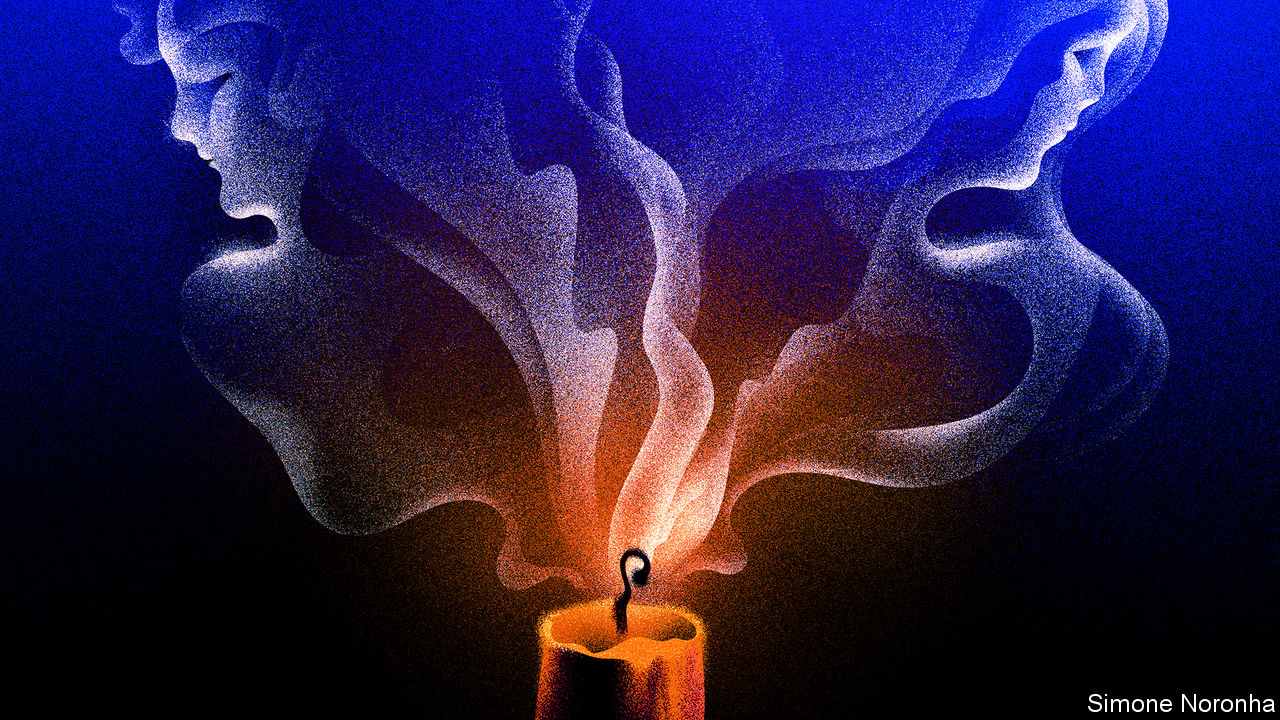Angus Barge, a 30-year-old man from London, opened up to his cousin about his struggles with erectile dysfunction (ED) during a car ride. He shared how the condition had affected not only his romantic life but also his confidence and concentration at work. Surveys in America, Germany, and Spain have found that around 20% of men experience ED at some point in their lives, while half of British women and a significant percentage of Canadian men and women also face sexual difficulties. Despite the prevalence of sexual dysfunction, many people are hesitant to seek help due to embarrassment and ignorance.
The stigma surrounding sexual problems is similar to what mental health faced decades ago. Many individuals are reluctant to seek treatment, and doctors may dismiss the issue as trivial. In countries like France, only a quarter of people with sexual problems reach out to a doctor, highlighting the widespread reluctance to address these issues. However, the landscape is slowly changing, with a growing recognition that sexual problems can be linked to broader health issues. For example, ED can serve as an early warning sign of potential heart trouble, making it crucial to address these issues.
Overall, sexual problems are often overlooked or dismissed, and there is a lack of accessible and effective treatments available. While some sexual health clinics exist, they may not provide comprehensive support for individuals struggling with sexual dysfunction. The shift towards recognizing the importance of addressing sexual problems is evident, with initiatives like the Natsal survey in the UK shedding light on the prevalence of sexual difficulties. By destigmatizing these issues and providing comprehensive support and education, individuals can be empowered to seek help and improve their sexual health.









